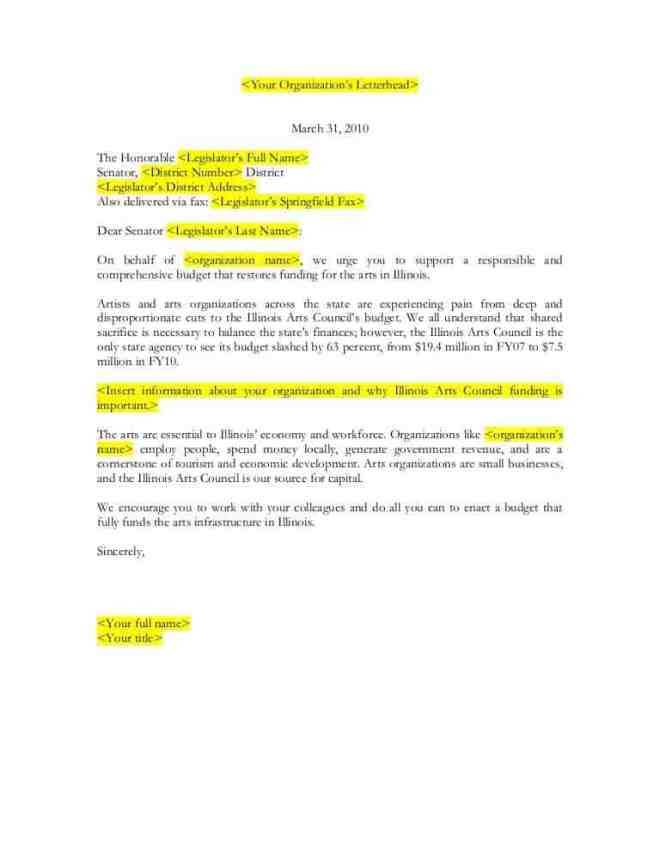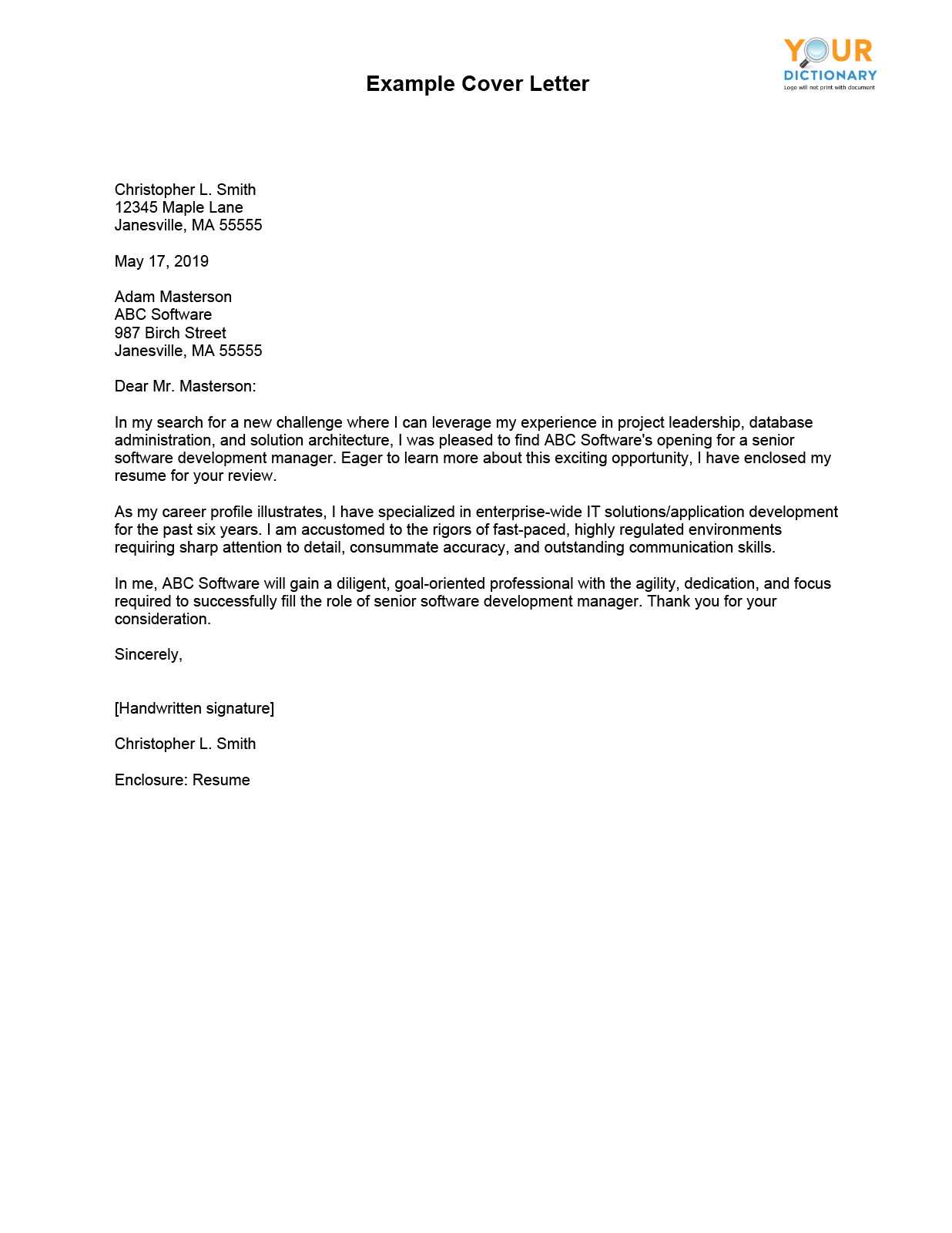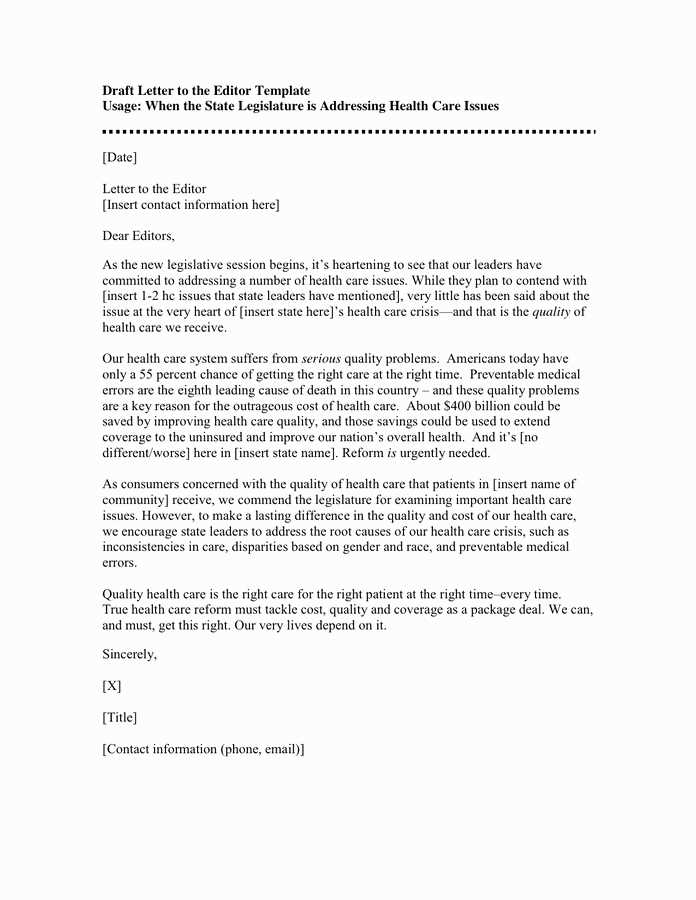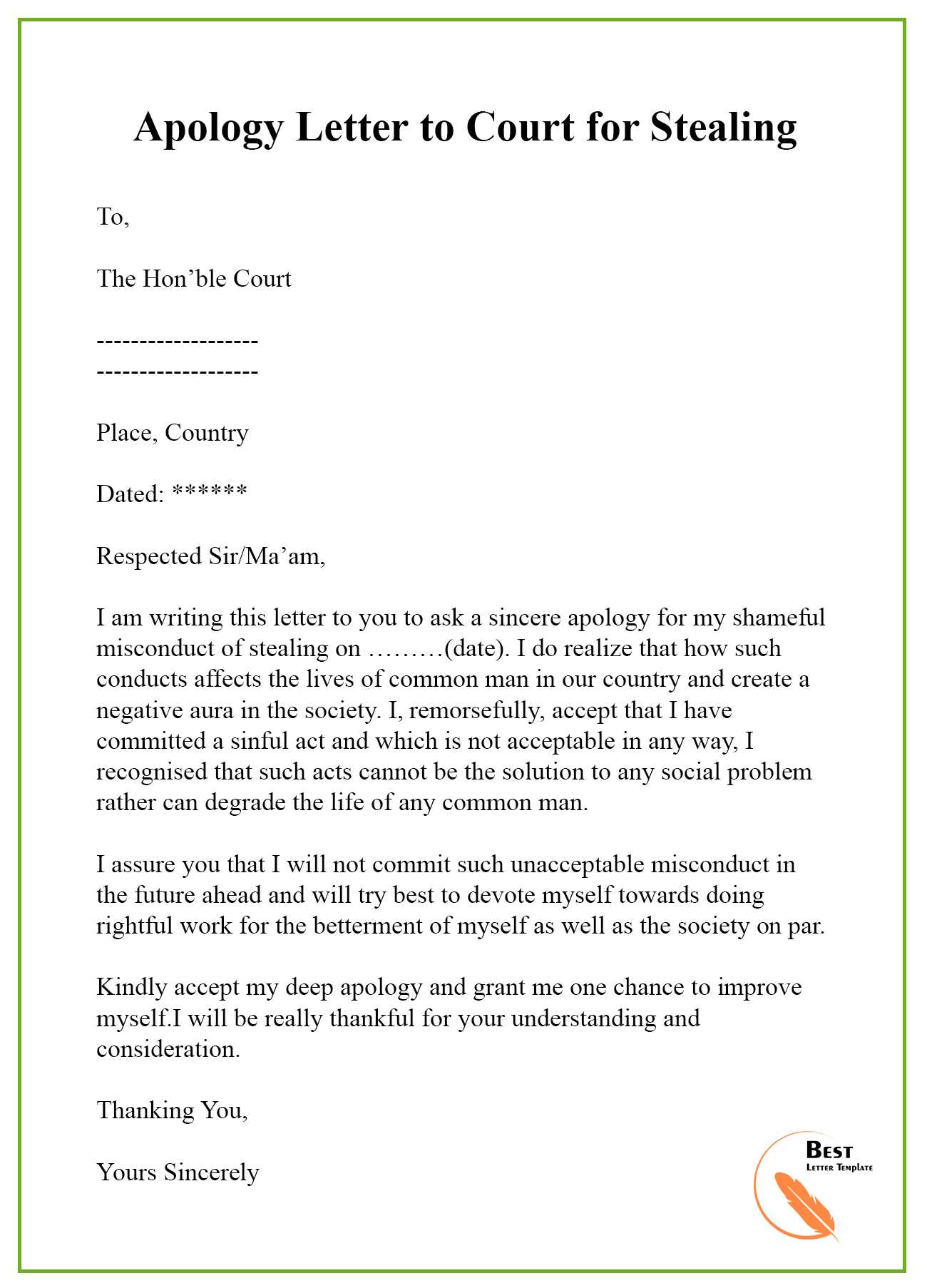How to Write a Template Letter to Legislator

Engaging with those in positions of power is a crucial part of any democratic society. When you have a concern, question, or suggestion, expressing your views clearly and respectfully can significantly influence decision-making. Crafting a well-thought-out message can open doors for dialogue and create positive change.
Clear and concise communication is essential when reaching out to policymakers. By articulating your thoughts effectively, you can ensure your message stands out and resonates with the reader. Whether you’re addressing a local representative or a national figure, presenting your case in a structured way increases the likelihood of a meaningful response.
Understanding the process of reaching out and knowing the key elements to include in your communication will help you make your point. A direct and respectful approach fosters understanding, while a poorly structured message may fall short. This guide will help you craft a compelling statement to engage with public officials, ensuring your voice is heard and taken seriously.
Understanding the Importance of Writing to Legislators
Reaching out to elected officials is a powerful tool for shaping public policy. When citizens take the time to voice their opinions, they participate in the democratic process and hold those in power accountable. It’s essential to understand why communicating with policymakers can make a real difference in creating change.
Effective communication ensures that your concerns are recognized and considered in the decision-making process. Public representatives rely on input from their constituents to guide their decisions on important issues. Here’s why engaging with them matters:
- Influence Policy: Sharing your views can help sway or inform decisions that affect your community, state, or country.
- Raise Awareness: Highlighting issues that may not be on the radar can prompt attention and further discussion on important topics.
- Build Relationships: Consistent communication with your representatives establishes a foundation for future dialogue and collaboration.
- Advocate for Change: When enough individuals express a unified position, it strengthens efforts to initiate reform and policy adjustments.
Ultimately, contacting public officials gives you a platform to be heard and encourages meaningful interaction between citizens and policymakers. It’s a straightforward yet effective way to make a lasting impact in your community and beyond.
Key Elements of an Effective Letter
To ensure your message is impactful and gets the attention it deserves, it’s important to structure it correctly. Whether you are raising a concern or suggesting a policy change, certain components are essential for effective communication. A well-crafted statement not only conveys your message clearly but also encourages the recipient to take action.
Here are the key elements that should be included to maximize the effectiveness of your message:
| Element | Description |
|---|---|
| Clear Subject | State the purpose of your communication right from the start. A direct and concise subject sets the tone and makes it easier for the reader to understand your intent. |
| Introduction | Introduce yourself and briefly explain why you are writing. If applicable, mention your location or constituency to establish relevance. |
| Specific Request or Issue | Clearly describe the issue or action you want to address. Be specific and avoid vagueness to ensure your message is actionable. |
| Supporting Information | Provide facts, data, or examples to back up your position. Solid evidence strengthens your argument and adds credibility to your request. |
| Call to Action | Conclude with a clear request for the next steps or action you hope the recipient will take. A strong call to action reinforces the purpose of your message. |
| Polite and Respectful Tone | Maintain professionalism throughout. Even when expressing disagreement, politeness ensures your message is taken seriously. |
By including these elements in your communication, you create a compelling, respectful, and effective message that stands a better chance of receiving a thoughtful response and making an impact.
Tips for Personalizing Your Message
To make your communication stand out, it’s crucial to personalize it. Tailoring your message not only demonstrates genuine engagement, but it also shows that you have invested time in crafting your message thoughtfully. A personalized approach increases the likelihood of your concerns being taken seriously and encourages a response.
Here are some practical tips to ensure your message resonates:
- Address the Recipient by Name: Always use the correct title and full name of the person you are writing to. This shows respect and ensures that your message is directed to the right individual.
- Include Personal Stories or Experiences: If relevant, share a brief personal story or example that illustrates how the issue affects you or your community. Personal anecdotes add a human element and make your message more relatable.
- Reference Recent Events or Policies: Mention any specific policies, discussions, or recent events that prompted you to reach out. This shows that your message is timely and relevant.
- Use Your Locality as Context: If you’re from the legislator’s district or area, mention that. Highlighting your connection to the region can make your concerns feel more immediate and connected to their role.
- Express Gratitude: Begin or end your message by thanking the recipient for their service. A simple expression of appreciation can foster goodwill and set a positive tone.
By making your message more personal, you can forge a stronger connection with the recipient, making it more likely that they will consider your perspective carefully and take the desired action.
Common Mistakes to Avoid in Advocacy Letters

While it’s important to communicate effectively with decision-makers, there are several common errors that can weaken your message. Avoiding these mistakes will help ensure that your concerns are heard and that your communication is taken seriously. Small details, when overlooked, can affect how your message is perceived and whether it prompts a meaningful response.
Here are some common pitfalls to watch out for:
- Being Vague or General: Failing to clearly articulate the issue or request can confuse the recipient and dilute the impact of your message. Be specific about what you want and why it matters.
- Using Aggressive or Disrespectful Language: While it’s important to express your concerns, using combative or disrespectful language can alienate the reader and hinder constructive dialogue. Always maintain a professional and respectful tone.
- Overloading with Information: Providing too many facts, figures, or irrelevant details can overwhelm the recipient. Stick to the key points that support your argument and keep your message concise.
- Neglecting to Proofread: Spelling, grammar, and formatting errors can undermine the credibility of your message. Always review your communication before sending it to ensure clarity and professionalism.
- Being Too Emotional: While your passion for the issue is important, focusing too much on emotion rather than logic can make your message less persuasive. Stick to facts and clearly explain why the issue matters.
- Failing to Personalize: A generic message often gets overlooked. Personalizing your communication and demonstrating a connection to the issue makes it more compelling and meaningful.
Avoiding these mistakes will increase the effectiveness of your message and improve your chances of receiving a thoughtful response from those in power.
How to Address Your Legislator Professionally
When communicating with public officials, it’s important to use a professional and respectful tone. This ensures that your message is taken seriously and that you build a positive rapport with the recipient. The way you address the person, both in the greeting and throughout your communication, reflects your respect for their position and the gravity of the issue at hand.
Choosing the Correct Title

Always use the appropriate title when addressing an elected official. This shows respect for their position and sets the right tone. Here are some common titles you should use:
- Senator for members of the U.S. Senate or state senate
- Representative for members of the U.S. House of Representatives or state legislatures
- Governor when addressing the head of a state
- Mayor for city leaders
Formal Greetings and Closures
Start your communication with a formal greeting that includes the correct title, followed by their last name. For example, “Dear Senator Smith” or “Dear Representative Johnson.” If the official has a title such as “The Honorable,” be sure to include it in the greeting (e.g., “The Honorable Jane Doe”). Ending your message with a polite closure, such as “Sincerely” or “Respectfully,” further demonstrates professionalism.
By addressing your representative properly and with respect, you show that you value their role and your communication stands a greater chance of having a positive impact.
When to Send Your Letter for Maximum Impact
Timing plays a crucial role in the effectiveness of your communication with public officials. Sending your message at the right moment can increase the chances of it being read and acted upon. Understanding key events, legislative schedules, or critical discussions can help ensure your concerns are considered when it matters most.
Timing Around Legislative Sessions

One of the most effective times to send your message is during legislative sessions or just before important votes. Representatives are more likely to review public input when they are actively involved in decision-making processes. Make sure to stay informed about upcoming votes or debates that relate to your issue and send your message well in advance to allow time for consideration.
During Policy Discussions or Public Hearings
If there are ongoing discussions or public hearings on a specific policy, sending your message during this period can be highly impactful. Policymakers often seek feedback from their constituents during these times, and your input can help shape the direction of the debate or decision-making.
Sending your communication at the right moment ensures that your voice is heard and that your concerns are considered at the most influential times, improving the likelihood of a positive response.